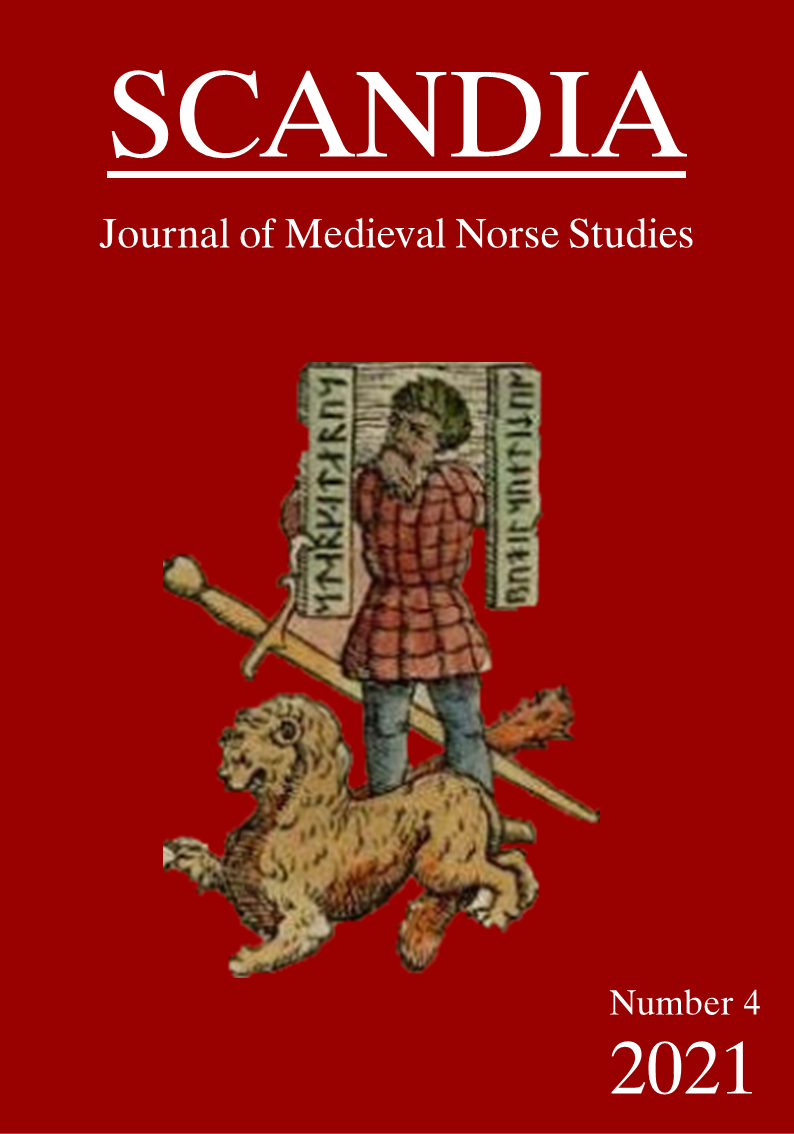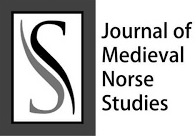ANÁLISE DO DICURSO MÍTICO: DOS PRINCÍPIOS FORMAIS AOS ALINHAMENTOS SOCIAIS E INTERAÇÃO
Abstract
This article outlines an approach to the analysis of mythic discourse, illustrated through Scandinavian mythology, which is reciprocally discussed in relation to the methodological framework. The turn from analyzing ‘myths’ to analyzing ‘mythic discourse’ is connected to the rise of interest, on the one hand, in the role of people in the transmission of mythology, the production of the sources and how it linked to practices and life in society, and, on the other hand, the interest in diversity and both synchronic variation and diachronic change in mythology. The framework outlined here is developed on a semiotic approach to mythology that focuses on elements of tradition as unitary ‘integers’ that are recognized as meaningful by people in society and, drawing a metaphor from mathematics, how these may be combined and recombined to form ‘equations’. The framework itself can be applied to any form of tradition, rather than being specific to mythology. It is here presented with a full technical apparatus in order to illustrate how the methodology works and how it can be applied, but the basic principles of the framework can also be employed without the technical markup, which can easily remain in the background of specific studies. The presentation of the framework begins from formal units of tradition on a hierarchy of complexity and gradually advances to discussions of how the traditions operate in society and how mythic signs of mythology relate to alignments with religious identities and are manipulated in encounters between different religions.
Downloads
Downloads
Published
Issue
Section
License
The author (s) of the original submitted undertake to comply with the following:
- All authors are publicly responsible for it.
- The authors claim that this original is their own and that they assume full responsibility to third parties, whether moral or patrimonial, by reason of its content, stating that the work does not infringe any intellectual property rights of third parties.
- The author (s) agree to the copyrights of the original to Scandia Journal, to which they grant permission for its reproduction, editing and online publication.
- The author (s) grant their copyright of their original to the Scandia Journal, licensed under the Creative Commons Attribution License, which allows the sharing of this work with the acknowledgment of their authorship.
- The author (s) have permission and are encouraged to cite and distribute their original.



